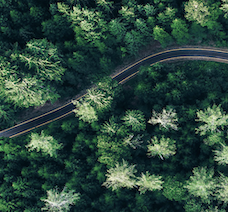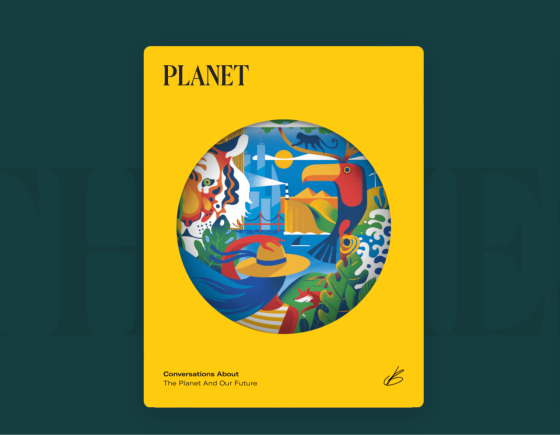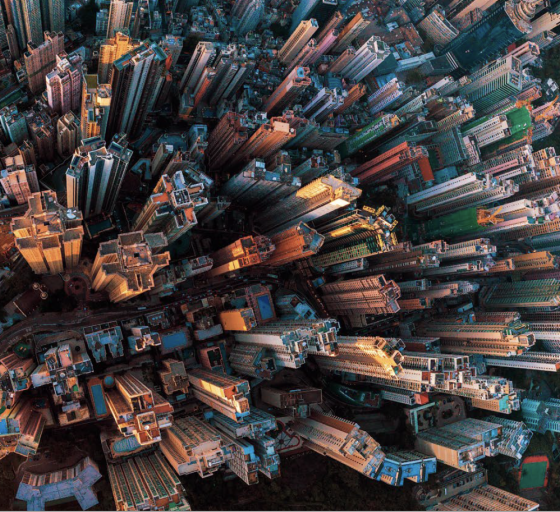THE GOOD ANCESTOR TEST
Those who will be most impacted by our environmental crisis may not yet be alive. One way to gauge planet-friendly behaviour is to constantly reflect on whether we are leaving the world a better place for future generations
From Expo 2020 Dubai's Theme Week Insights series
Wales’s Sophie Howe is the first person in the world to hold the position of Future Generations Commissioner – or, as British newspaper the Guardian has described her, “minister of the unborn”. Novel as her role may seem, it provides food for thought on how the decisions we make today – whether about the climate emergency or our consumption patterns – will fundamentally shape the lives of future generations and, indeed, determine whether they will exist at all.
Howe believes that it is only by shifting towards generational thinking that we will fully appreciate the actions we need to take now to guarantee our planet’s future survival. Key long-term issues are difficult to make progress on, as policy makers work primarily in short-term cycles of four to five years. During their runs, they are more likely to support projects with higher, more immediate success rates, while slow-burning crises like climate change and biodiversity loss remain on the docket pile to be addressed later.
Later may be too late. “Little positive long-term impact can be accomplished in such a short time, while permanent devastation can happen in the span of a single generation or less,” says Howe.
The solution, she asserts, is simple. Every action, policy and response must undergo a litmus test to ascertain its lasting viability. We must ask whether “the decisions that we’re taking today are going to help or hinder future generations to meet their own needs. I like to call it ‘the good ancestor test’. Are we being good ancestors or not?”
“In Kenya we have a Maasai proverb that says: ‘We do not inherit our land from our ancestors, we borrow it from our children’”
Natasha Elkington, Journalist and storyteller, speaking during Expo 2020 Dubai’s Climate & Biodiversity Week
The golden toad is lost to my daughters
By Christiana Figueres
At night, Costa Rica’s golden toads were reflected in the moonlight as they performed their mating dance; and this ritual made me fall in love with nature. Many years later, as the mother of two young daughters, I wanted them to have the same connection to nature that had been instilled in me by my parents. Yet, when I took them to see the golden toads, to my horror, the species had disappeared. It is only by understanding the complete indivisible link between the protection of nature and the protection of the human species that we stand any chance of giving life on this planet a future.
We'd love to connect with you
For general enquiries, please fill out the contact form or send an email to impact@expodubaigroup.ae




